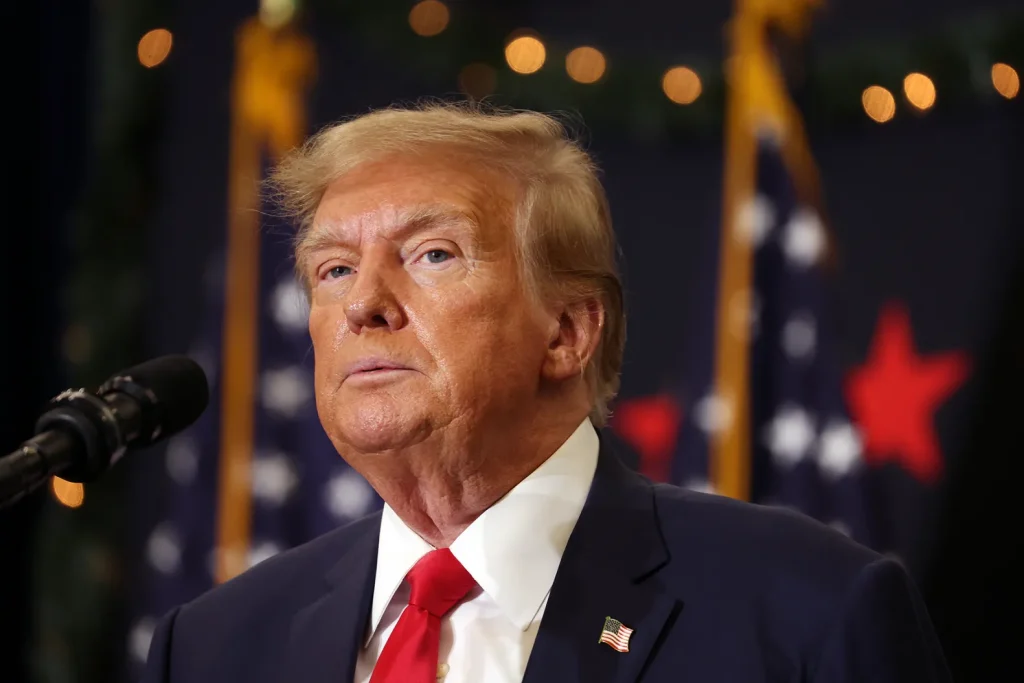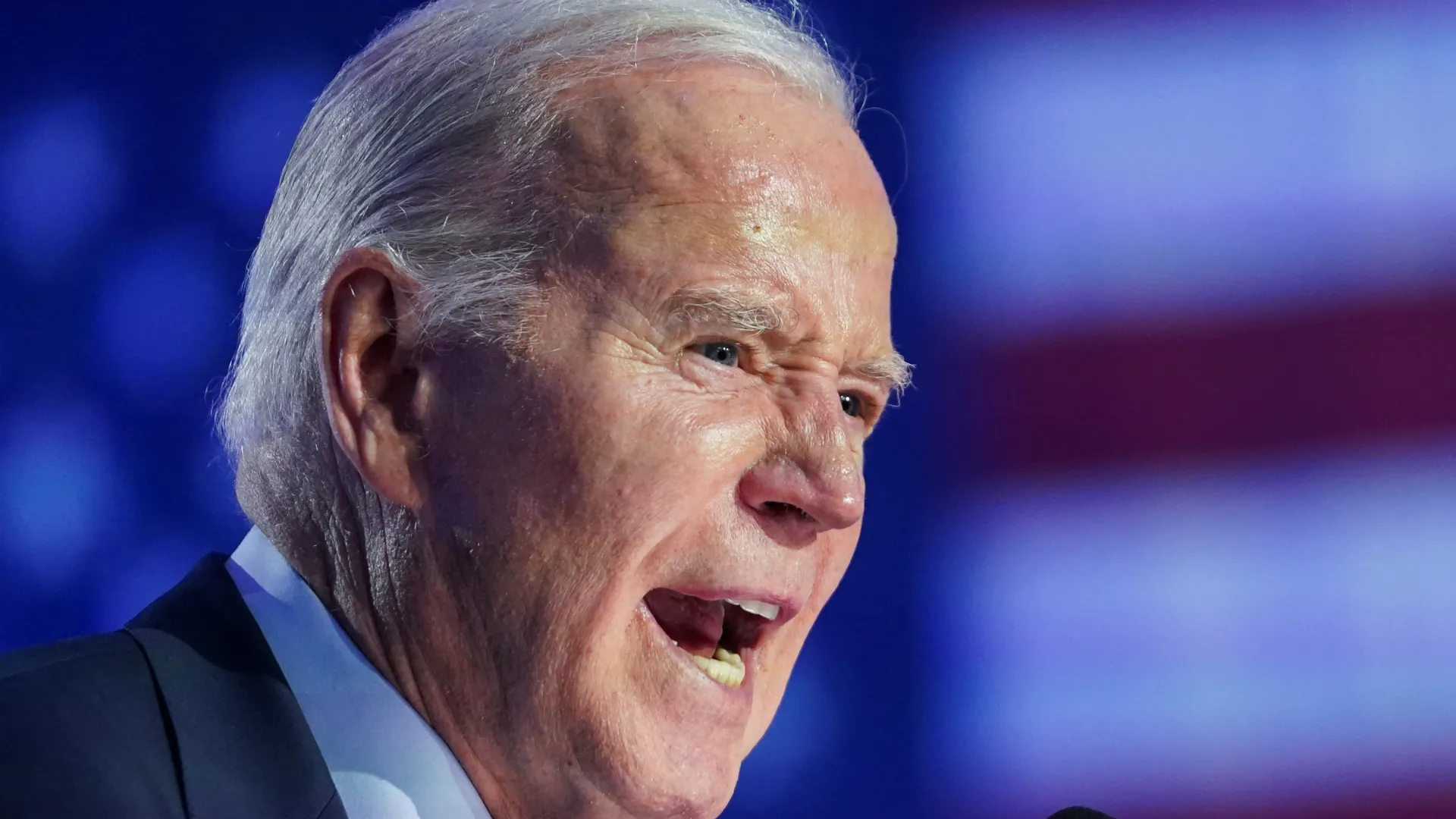Biden’s Border Battle: Trump Takes the Lead in the Fight for Control
In a recent showdown at the Texas-Mexico border, President Joe Biden and former President Donald Trump presented a stark contrast in their approaches to border security. Biden chose Brownsville, Texas, for his address, a location deemed a “sanitized” zone by Texas Governor Greg Abbott, showcasing the state’s efforts under Operation Lone Star.
This initiative, characterized by concertina-wire barriers and increased state personnel, has proven successful in reducing apprehensions significantly, dropping from over 30,000 in January 2022 to below 7,500 in January 2023.
However, a legal battle ensued when Biden’s Department of Homeland Security (DHS) ordered agents to cut and remove the wire barriers last September. Texas responded with a lawsuit, leading to a Supreme Court case where the administration gained the right to continue cutting Texas’ wire.
Shelby Park, a border recreation area, became emblematic of the struggle between the federal government and Texas over border control measures.
Donald Trump, speaking from Shelby Park, shifted the focus to the issue of migrant crime. This concern intensified following the recent killing of Laken Riley, allegedly by a Venezuelan migrant released by Biden’s DHS.

The ensuing debate over migrant crime statistics adds complexity to the border security discourse, with Trump emphasizing the need to address crimes committed by individuals released into the country.
In response to criticisms, Biden laid blame on Republicans for not passing his proposed “comprehensive” immigration bill and for blocking recent “bipartisan” Senate legislation. The former is a controversial amnesty bill, while the latter raises concerns about increased presidential power and substantial financial costs.
Examining the ongoing debate over whether illegal migrants commit more or fewer crimes than Americans reveals a key distinction in vetting processes. Legal immigrants undergo thorough background checks, whereas the vetting process for illegal migrants relies on their home country’s records, presenting challenges, especially when cooperation is lacking.
Related News:
- Single Women Shine with Higher Homeownership Rates than Single Men!
- Speaker Johnson Promises Full Support for Ukraine
- Big Money Flows into NY Campaigns as Lawmakers Ease Lawsuit Rules
An essential perspective in the border security discussion is the preventability of illegal migrant crimes. The argument suggests that if migrant criminals were not released, they would not be able to prey on Americans, irrespective of the ongoing debates surrounding crime statistics.

